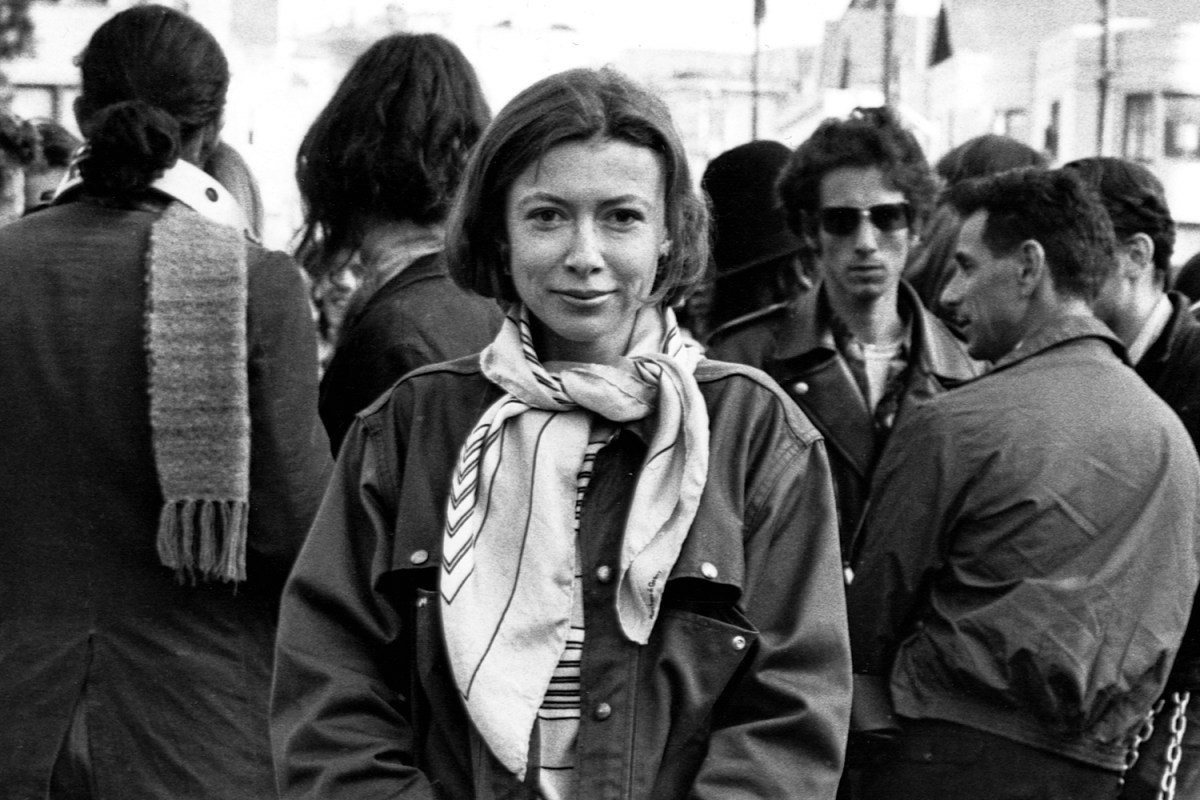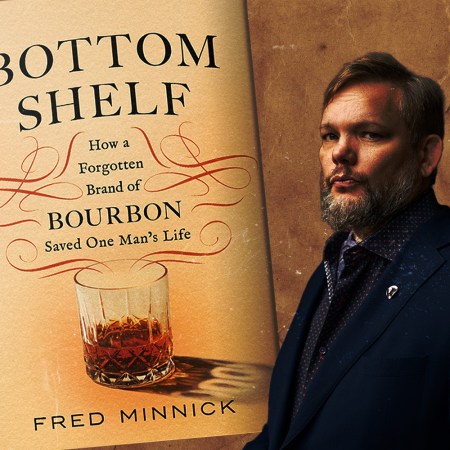When Joan Didion was a teenager, she was so taken with the writing of Ernest Hemingway that she typed out chapters from his novels. As he was a voice of a generation, so Didion became one for the 1960s, ‘70s and beyond, in a long writing career that saw both massive critical success and creative influence, especially through her style that came to be categorized as New Journalism.
On Thursday, Didion died at the age of 87 at her home in Manhattan. As The New York Times reports, she died of Parkinson’s disease, per an email from Paul Bogaards, an executive at Didion’s publisher Knopf.
Her first nonfiction book, Slouching Towards Bethlehem (1968), largely about California and counterculture in the ‘60s, was described earlier this year by The New Yorker as having “claims to being the most influential essay collection of the past sixty years.” It was followed by the similarly seminal The White Album (1979). Her second novel, Play It as It Lays (1970), is a masterpiece of spare, minimal writing frequently cited as one of the great American novels, and The Year of Magical Thinking (2005), her staggering memoir, deals with the aftermath of the death of her husband John Gregory Dunne in 2003. It won a National Book Award and was a finalist for the Pulitzer Prize.
And that’s just scratching the surface.
“Her talent was for writing about the mood of the culture,” writer Katie Roiphe told The New York Times. “She managed to channel the spirit of the 1960s and ’70s through her own highly idiosyncratic and personal — that is, seemingly personal — writing. She was perfectly matched to the times, with her slightly paranoid, slightly hysterical, high-strung sensibility. It was a perfect conjunction of the writer with the moment.”
Didion’s injection of herself in her reporting, a subjective stance that hoped to illuminate subjects in new ways, is the hallmark of New Journalism. And indeed, through her books, many of which are compiled from stories she wrote for publications like The Saturday Evening Post, Life and Esquire, she “changed the way that journalistic storytelling and analysis were done,” as The New Yorker writes.
“In her later years, Ms. Didion abandoned traditional reporting and wrote a form of cultural criticism that focused on how the press and television interpreted certain events,” the Times writes in their obituary, “including presidential elections and the beating and rape of a jogger in Central Park in 1989.” (That later episode references her writing on the incident that would become known as the Central Park Five; Didion was the first mainstream writer to suggest that the five Black and Latino teens at the center of the case had been wrongfully convicted.)
Reading (and likely re-reading) Didion today, her influence on both her generation and the generations that followed is undeniable. In her direct advice to future generations, she had this to say, at a commencement address at the University of California, Riverside, in 1975:
“I’m not telling you to make the world better, because I don’t think that progress is necessarily part of the package. I’m just telling you to live in it. Not just to endure it, not just to suffer it, not just to pass through it, but to live in it. To look at it. To try to get the picture. To live recklessly. To take chances. To make your own work and take pride in it. To seize the moment. And if you ask me why you should bother to do that, I could tell you that the grave’s a fine and private place, but none I think do there embrace. Nor do they sing there, or write, or argue, or see the tidal bore on the Amazon, or touch their children. And that’s what there is to do and get it while you can and good luck at it.”
Thanks for reading InsideHook. Sign up for our daily newsletter and be in the know.



















